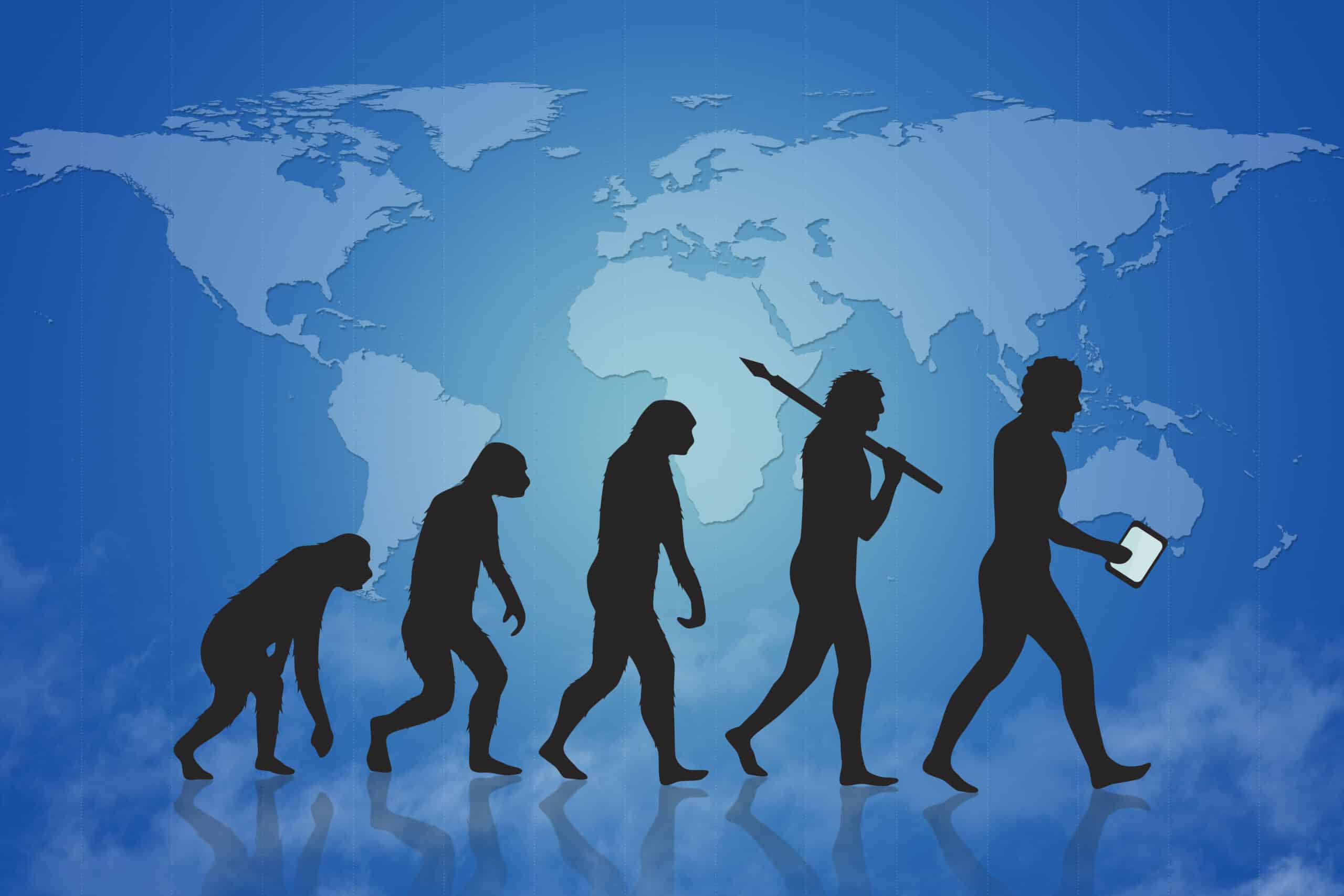According to the recently published research the monkeys are rhesus macaques, which were found to have superior memories to their unaltered counterparts. The world’s first animals cloned using somatic cells have an edited human version of MCPH1 genes in their brains which has given rise to a more human like timeline; they have been found to have better reaction times and enhanced short term memories compared to unaltered peers.
MCPH1 is expressed during fetal brain development, mutations can lead to microcephaly. The researchers report successfully creating 11 transgenic rhesus monkeys, 8 being first generation, and 3 second generation carrying human copies of MCPH1.
Brain imaging and tissue section analysis shows altered patterns of neuron differentiation and delayed maturation of the neural system similar to developmental delay neoteny in humans, which is the retention of juvenile features into adulthood. One of the key differences between human and nonhuman primates is that humans require more time to shape neuronal networks during development that elongates childhood; these transgenic monkey models are reported to be practical and to a large extent able to mimic the human specific status.
These transgenic nonhuman primates may have potential to provide insight into basic questions of what makes humans unique, and in future studies maybe even provide insight into neurodegenerative and social behavior disorders difficult to study using other means.
James Sikela of the University of Colorado says “…use of transgenic monkeys to study genes linked to brain evolution is a very risky road to take, it is a classic slippery slope issue and one that we can expect to recur as this type of research is pursued…” Sikela is also concerned such experiments show disregard for the animals, and this will soon lead to more extreme modifications. “It is troubling the field is steamrolling along in this manner”, adds Sikela.
Martin Styner of the University of North Carolina who’s role in this experiment was limited to training students how to extract brain volume from MRI images says “There are a bunch of aspects of this study that you could not do in the US, it raised issues about the type of research and whether the animals were properly cared for.” Styner goes on to say “…not looking forward to more evolution research on transgenic monkeys. I don’t think that is a good direction. Now we have created this animal which is different than it is supposed to be. When we do experiments, we have to have a good understanding of what we are trying to learn, to help society, and that is not the case here. They are trying to understand brain development. And I don’t think they are getting there…”
Primate research has become difficult in the United States and Europe, but China has rushed to apply the latest DNA tools to the animals and has become the first country to create such animals. To alleviates ethical concerns Bing Su agrees apes are too close to humans and shouldn’t be altered, but says monkeys last shared an ancestor 25 million years ago. “Although their genome is close to ours, there are also tens of millions os differences.” Su goes on to say in regards to the monkeys becoming more than they are “…impossible by introducing only a few human genes.”
Su says he is making more monkeys and is testing a new brain evolution gene called SRGAP2C, which is a gene variant that arose about 2 million years ago when Australopithecus was ceding in the African savannah to human, this gene has been dubbed the humanity switch and missing genetic link because of its likely role in the emergence of human intelligence. Although he has been adding this to the monkeys he says it is too soon to say what results are.
Debates stem from scientists arguing pinpointing the MCPH1 gene’s role in intelligence could help gain better understandings of how humans evolved to be so smart. Altering one single gene to enhance memory in some macaques shouldn’t throw Darwinism off kilter, or the risk of a Planet of the Apes style uprising, yet. Others argue at what point should science be made to stop, how far should it be allowed to go, and where is that line drawn? Everything whether it be good, bad, or good intentions gone wrong has an end, but more importantly it also has a genesis, and then there’s this thing called evolution which has now been doubly altered to create something new.




